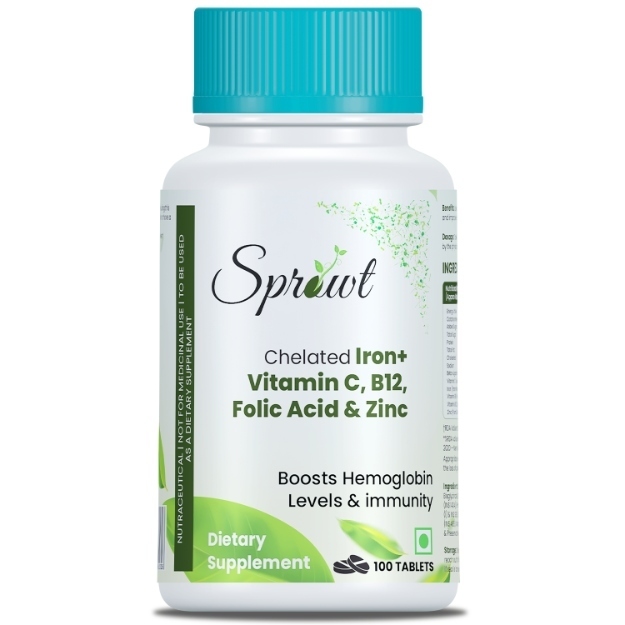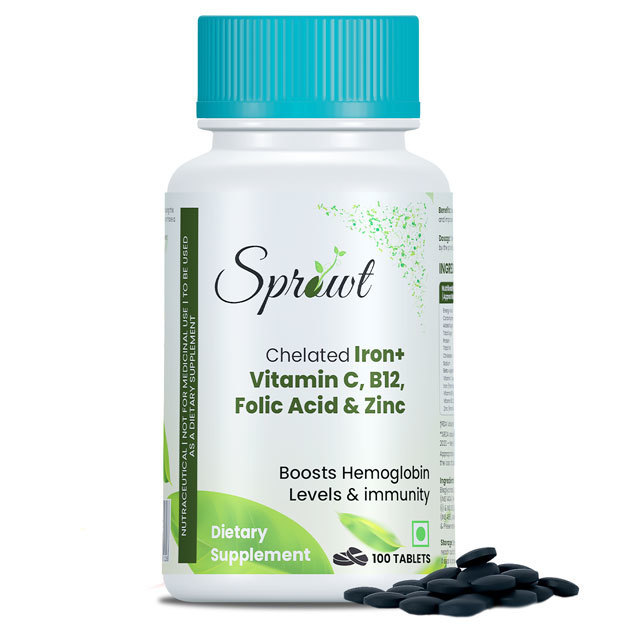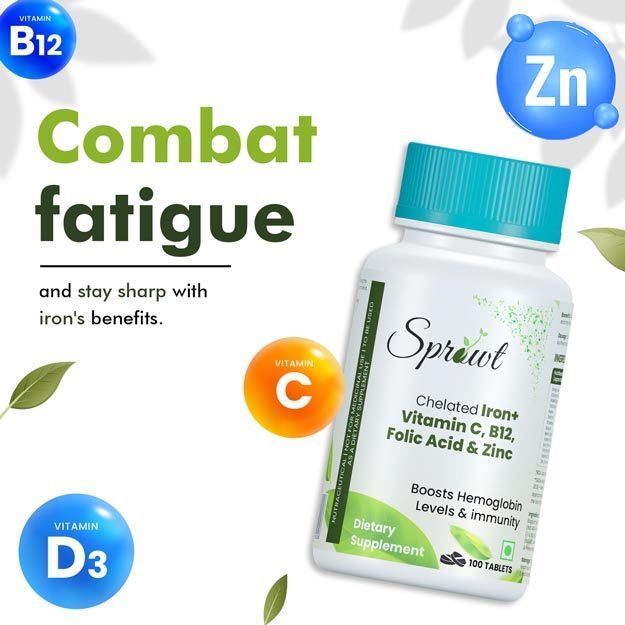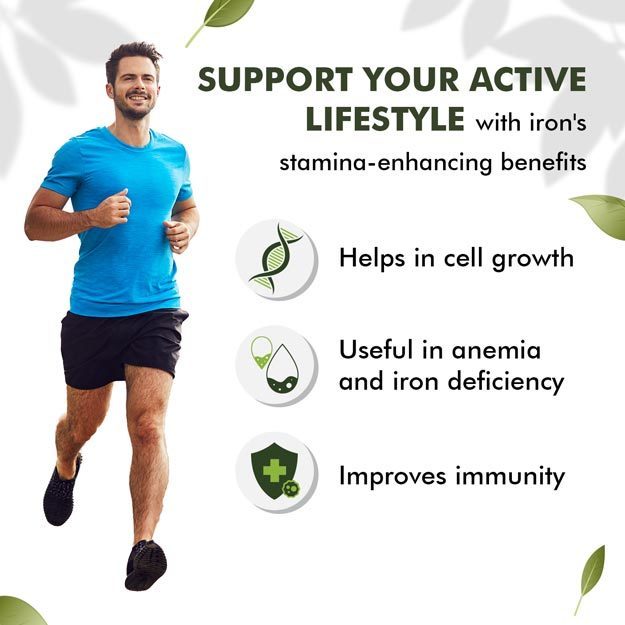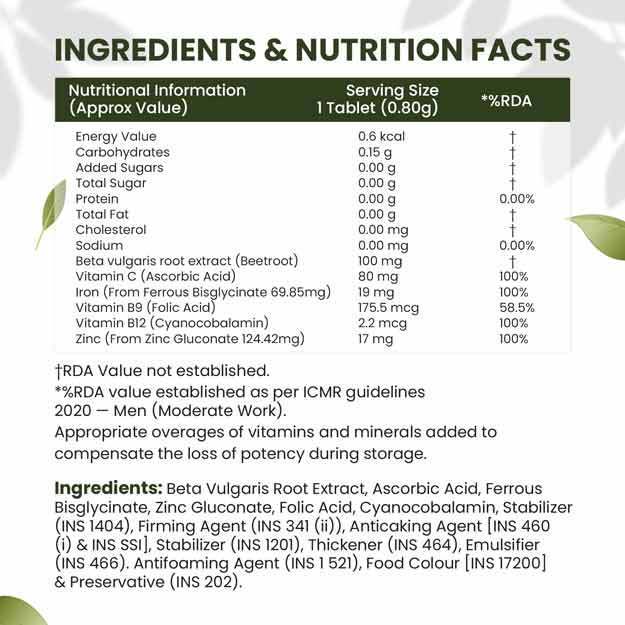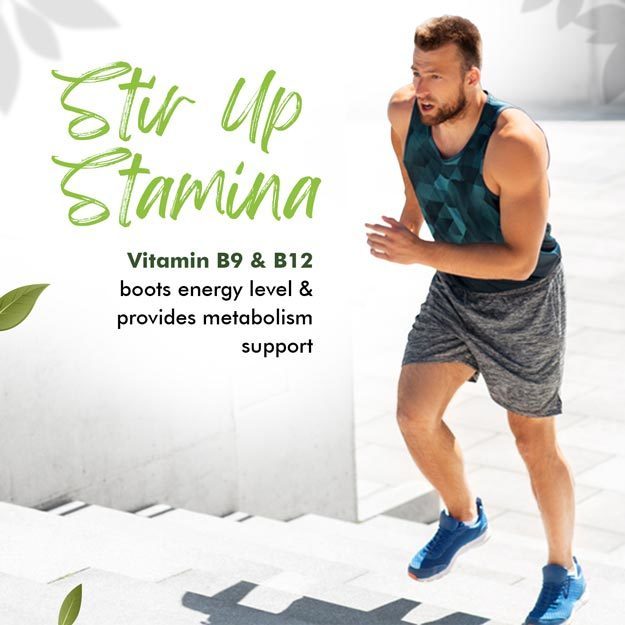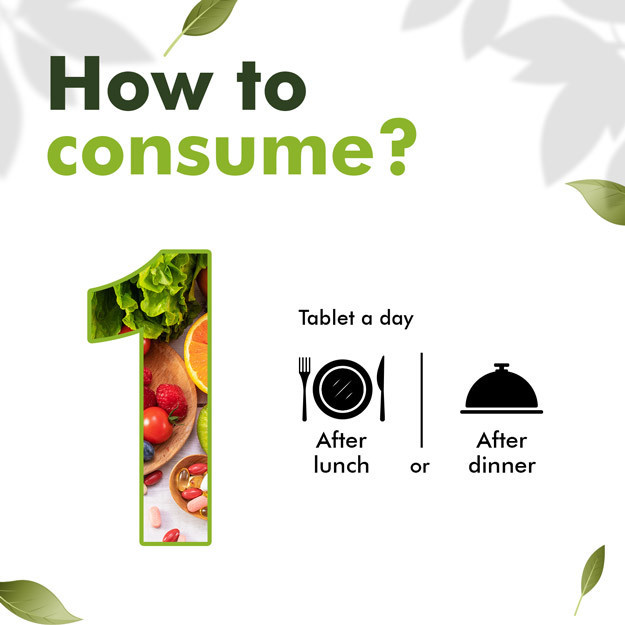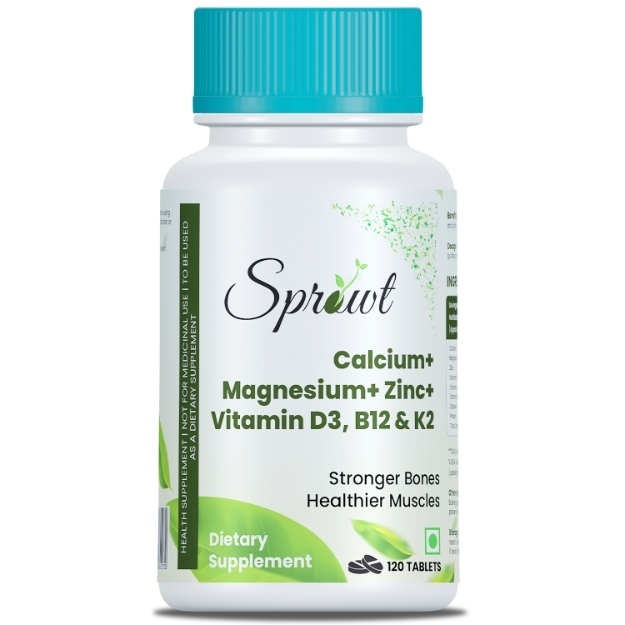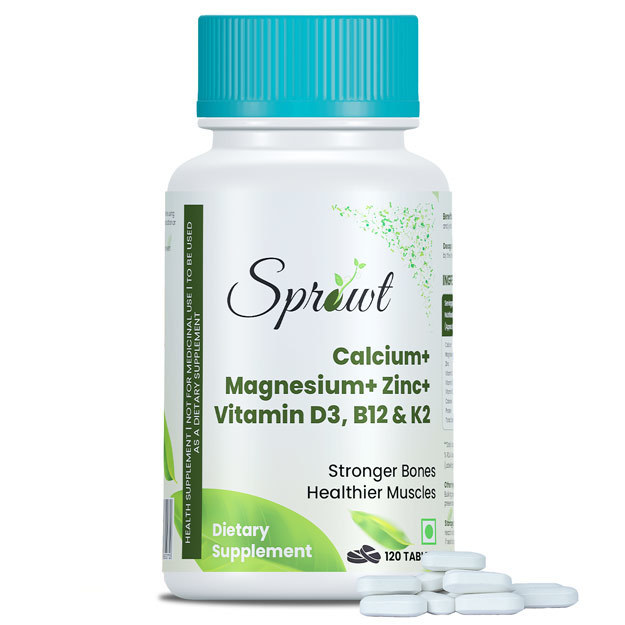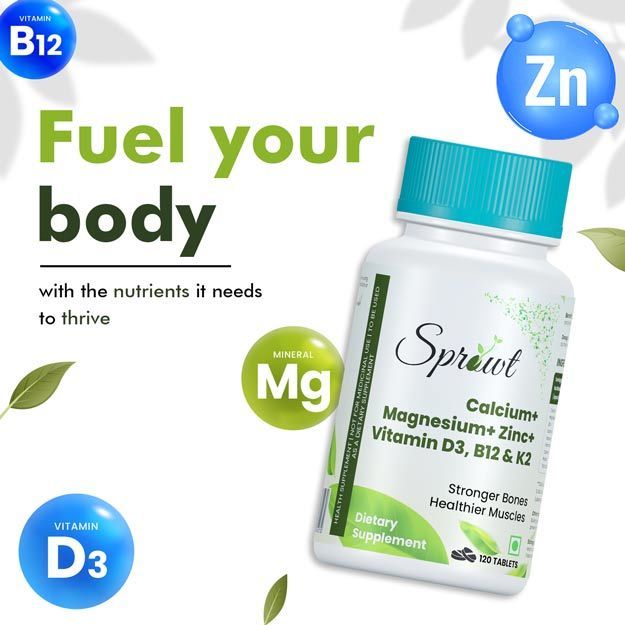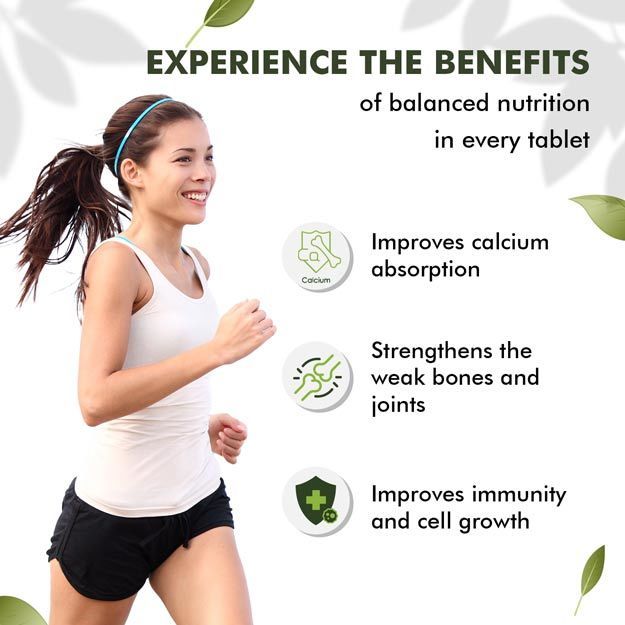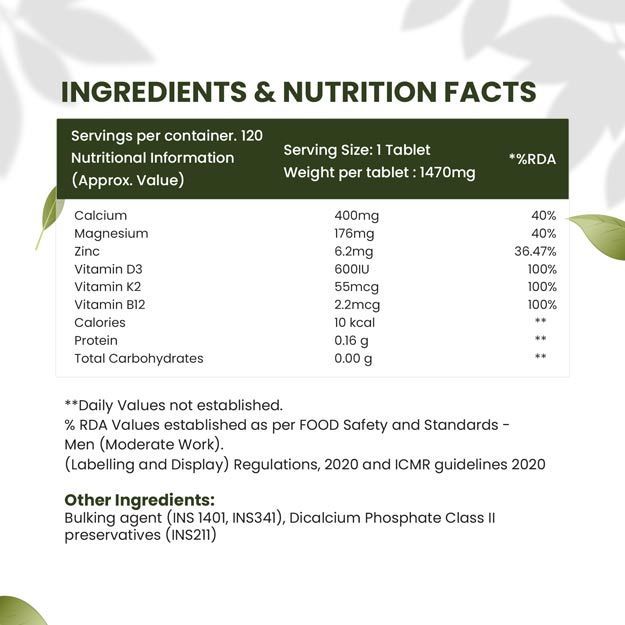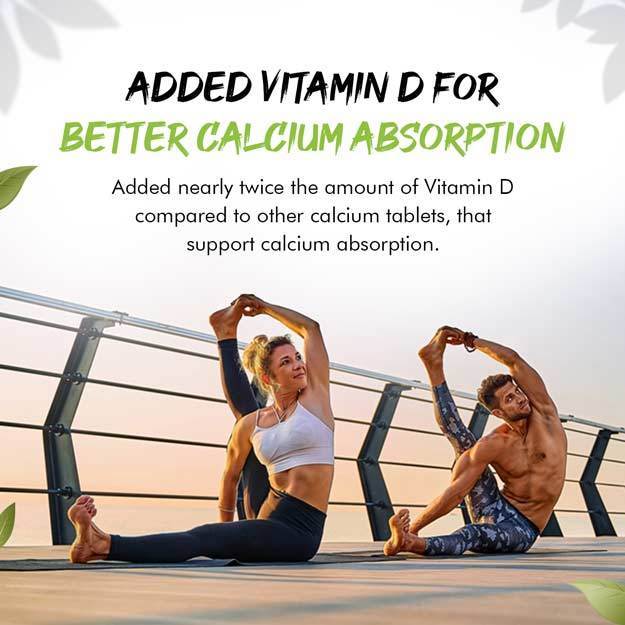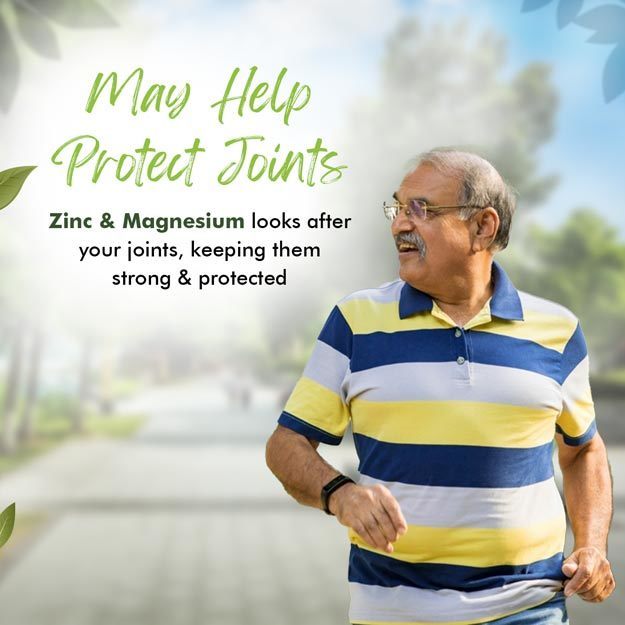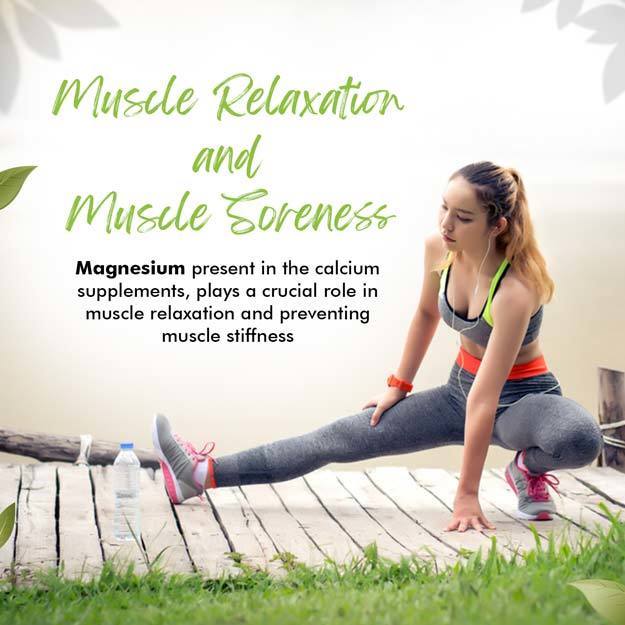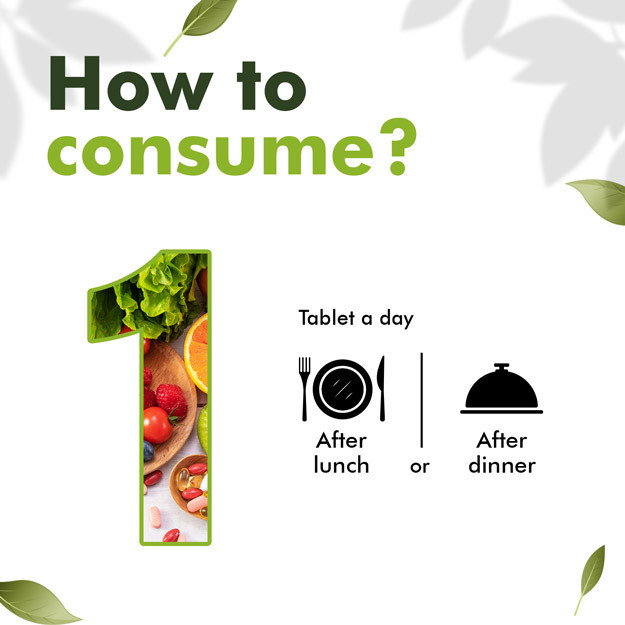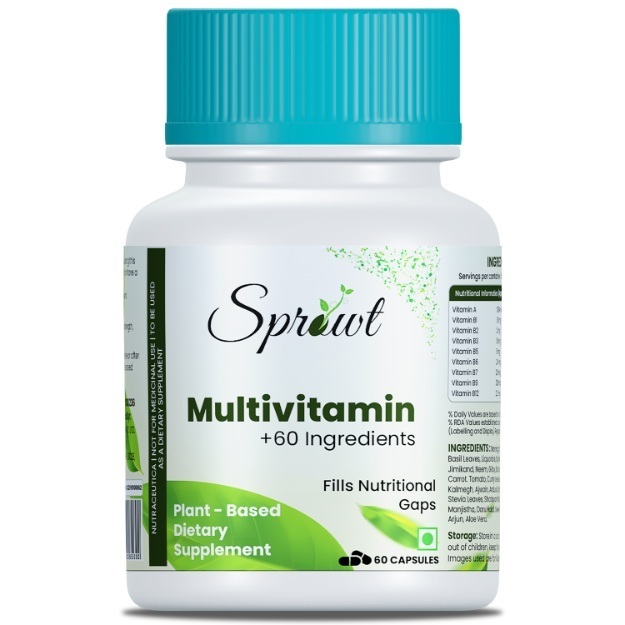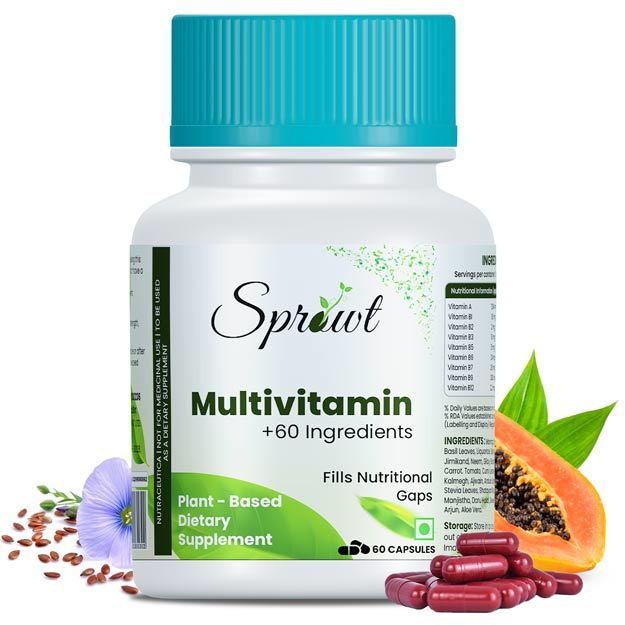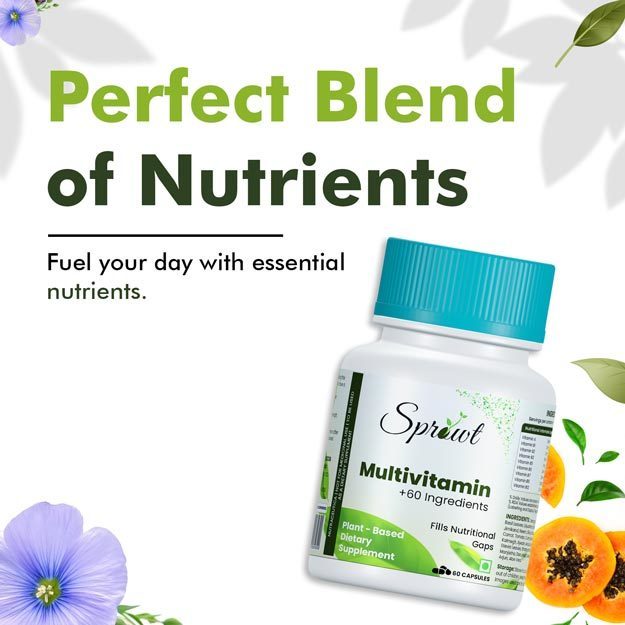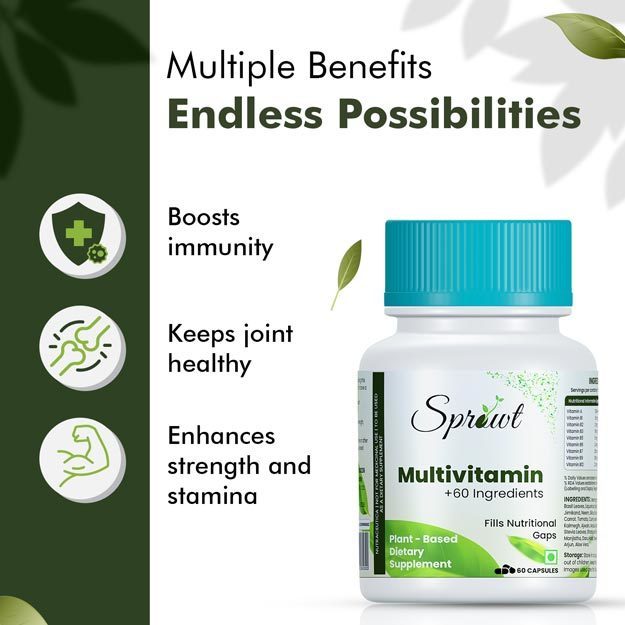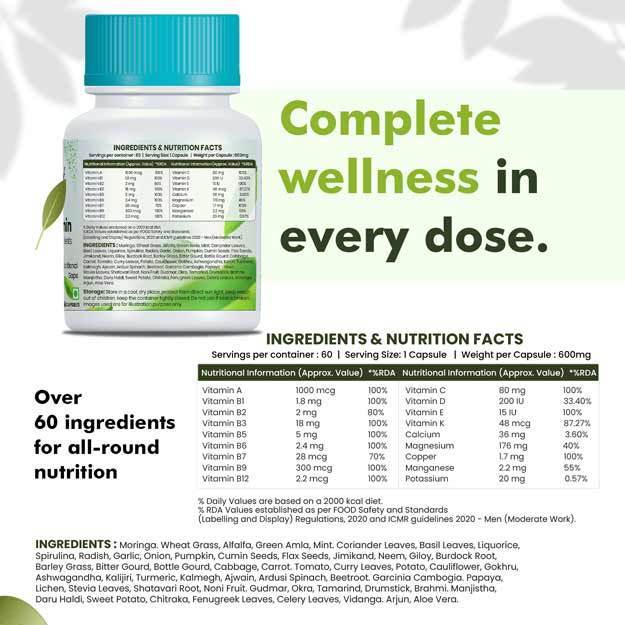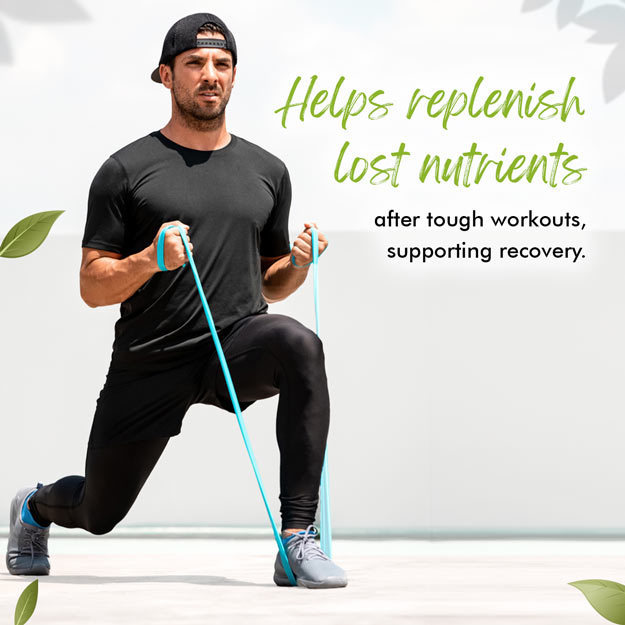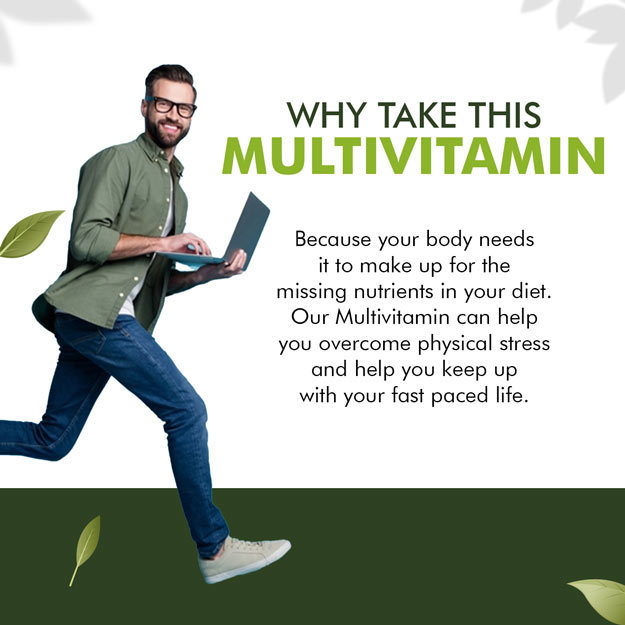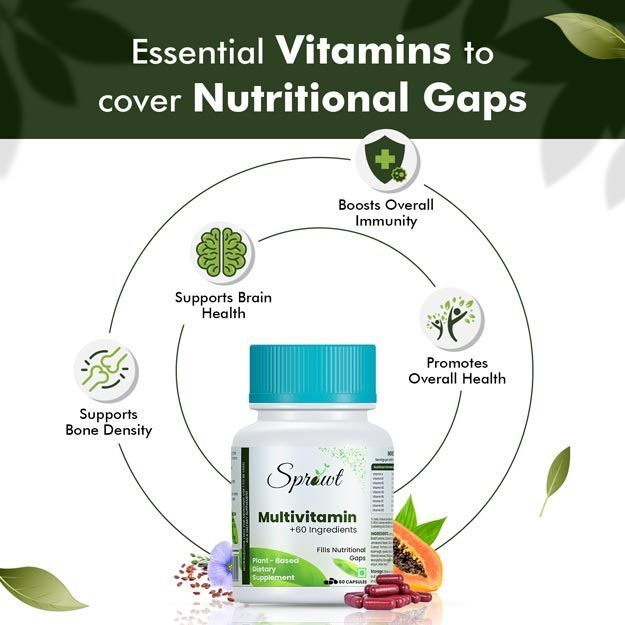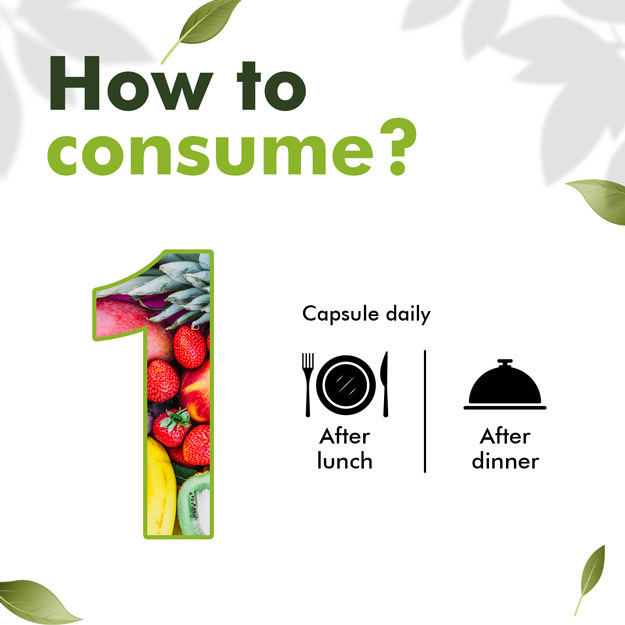Immunity-boosting vitamins and minerals are on everyone’s minds these days. Ironically, you seldom hear about zinc in these discussions. This, despite the fact that zinc is often added in lozenges as a way to treat common colds (a viral infection) quickly. Zinc is important for our immunity and various bodily functions at the cellular level: research has found that about 300 enzymes in the body depend on zinc. These enzymes do jobs like healing wounds and synthesizing DNA.
Indeed zinc deficiency has been linked to a host of health problems. Severe zinc deficiency can cause:
- Bullous pustular dermatosis, in which pus-filled blisters or pimples form on the skin
- Alopecia (hair loss)
- Diarrhoeal diseases: Researchers say zinc deficiency impairs the immune function, which in turn may leave children more susceptible to infections that cause diarrhoea.
- Emotional disorders
- Abnormal weight loss
- Immune system problems and infections
- Male hypogonadism: Smaller than normal testes and low testosterone production are the main characteristics of male hypogonadism. It is also linked to low libido and infertility in some men.
- Neurosensory disorders
- Delay in the healing of ulcers and wounds
- In extreme cases, death
Even in mild to moderate cases, zinc deficiency is linked to growth retardation, hypogonadism, rough skin and poor immunity.
Researchers estimate that about two billion people in the world may have a zinc deficiency. However, inadequate testing of blood for zinc deficiency (zinc serum test) means that it is difficult to gauge the nationwide prevalence of this condition. Indeed, most people may not even realise if they have a mild to moderate zinc deficiency.
Though healthy individuals can get their daily required values of zinc from food, this is harder to do with an entirely vegetarian diet as plant-based foods often contain phytates that interfere with the absorption of zinc. Zinc absorption may also be affected in people with certain underlying conditions like ulcerative colitis. Here's everything you should know about zinc, its health benefits, how much zinc you need and zinc side-effects.
(Read more: Vitamin D deficiency linked to poorer outcomes in COVID-19)





